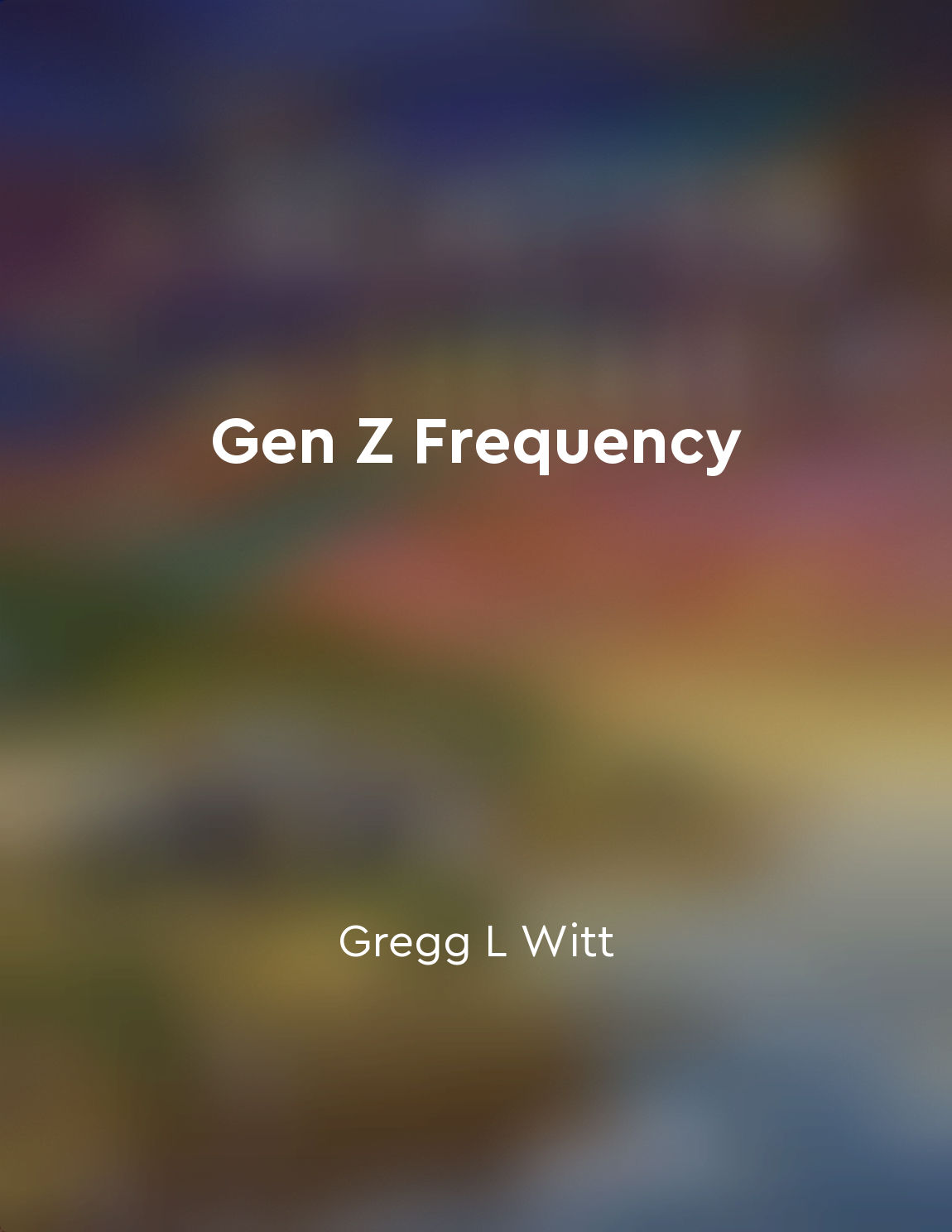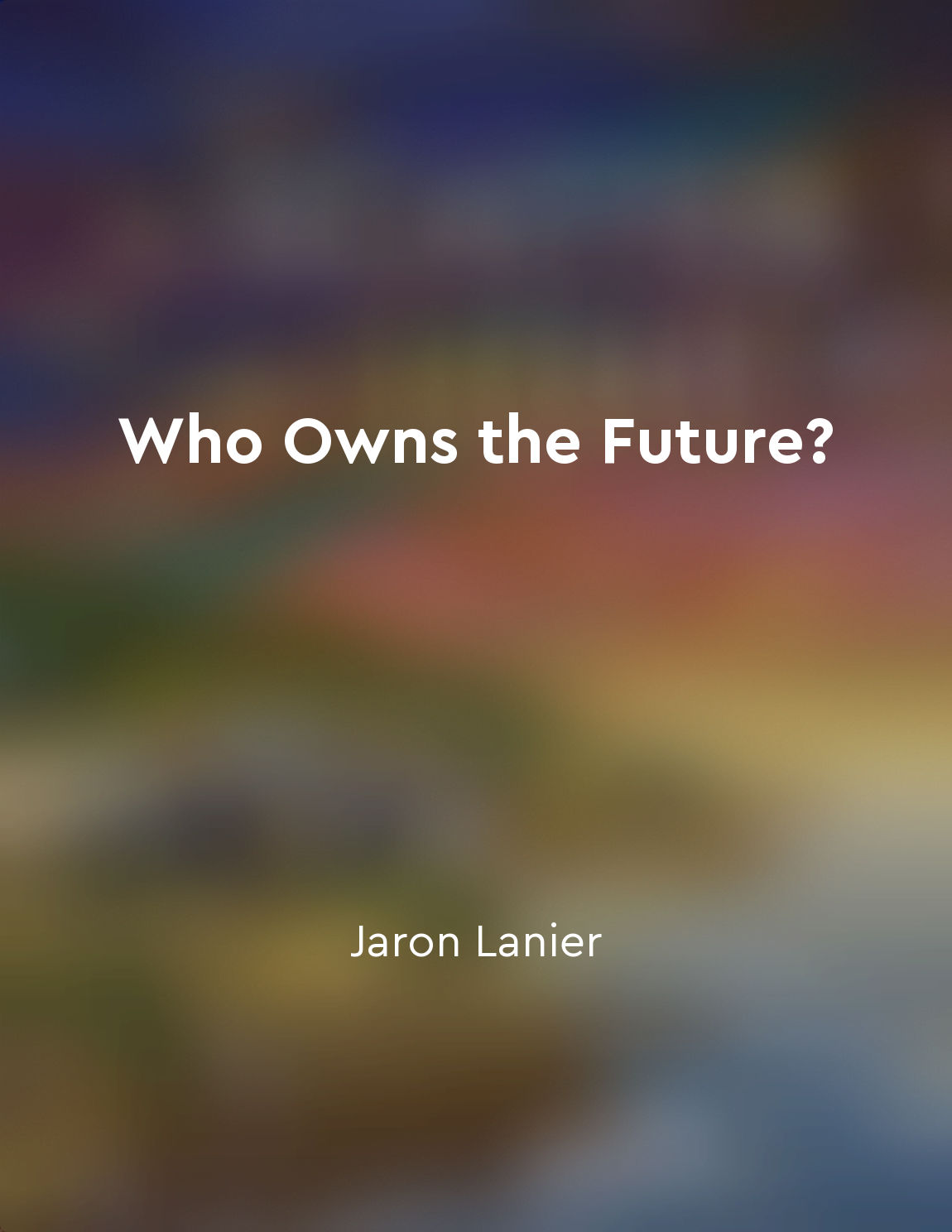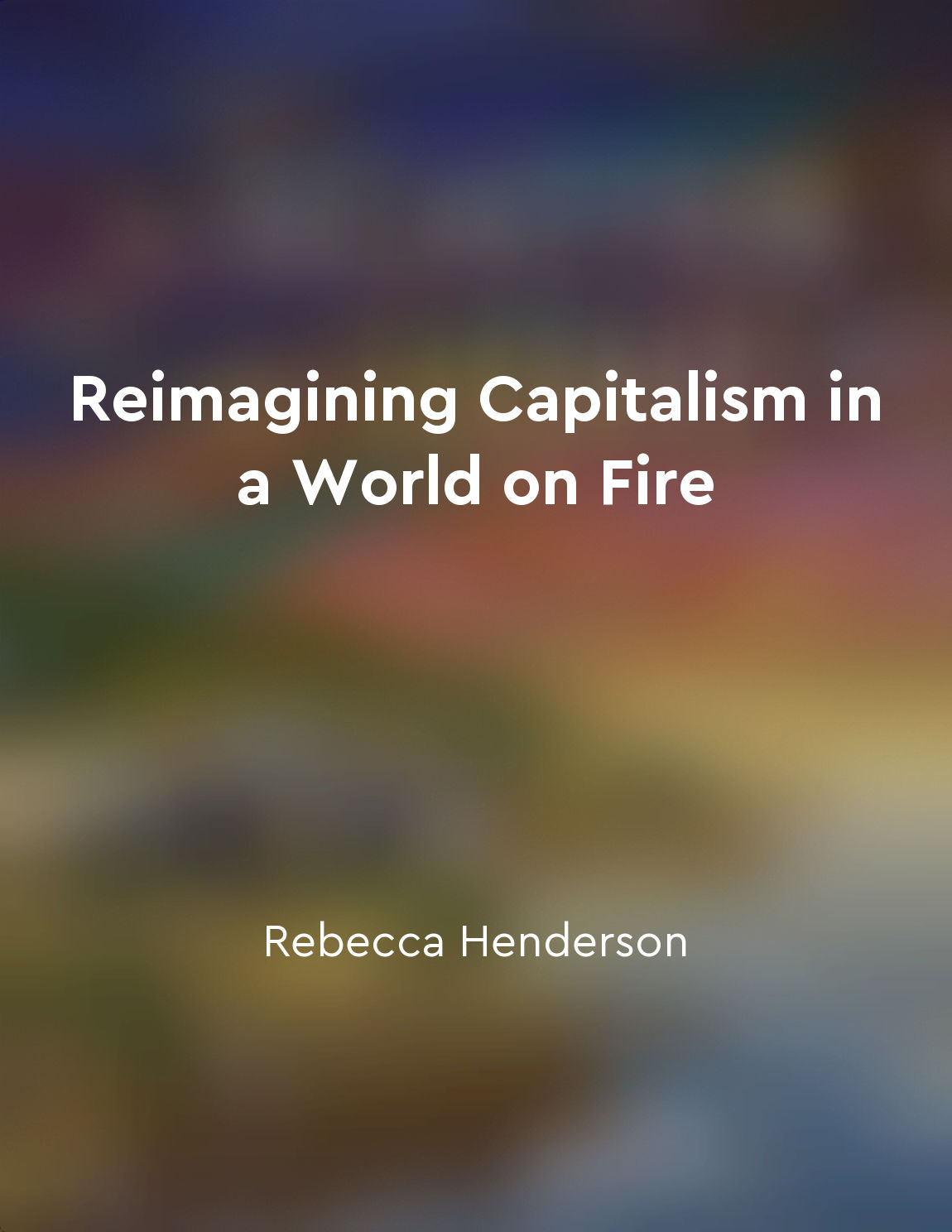Collaborative consumption from "summary" of Radical Technologies by Adam Greenfield
Collaborative consumption represents a profound shift in the way we think about ownership and access, a pivot away from the belief that we can only truly possess something if we have exclusive control over it, towards a model that emphasizes the utility of shared resources. This concept acknowledges that many of the things we own spend the majority of their lives idle, sitting unused, and posits that there may be a more efficient way to distribute the benefits of possession among a larger number of people. By allowing us to pool our resources and share the costs, collaborative consumption enables us to enjoy the benefits of ownership without necessarily having to carry all the responsibilities that traditionally come with it. This can lead to a more sustainable use of resources, as we can make better use of the things we already have, rather than constantly acquiring new items that we may only need occasionally. One of the key enablers of collaborative consumption is the rise of digital platforms that make it easier for individuals to connect with one another and ...Similar Posts

Gen Z values authenticity over perfection
This concept is about understanding what is truly important to Generation Z. They are not interested in the facade of perfectio...
Taste is a means of social exclusion
Taste, far from being a mere personal preference, serves as a powerful tool for social exclusion in society. The way individual...
Diversity and inclusion are important in the workplace
Diversity and inclusion in the workplace are crucial components of a successful and thriving organization. When individuals fro...
Brands can create a sense of community among consumers
The idea that brands have the power to foster a feeling of belonging among their customers is a compelling one. By cultivating ...

The desire for recognition fuels inequality
The desire for recognition is a natural inclination that drives individuals to seek validation and respect from others. This de...
Digital literacy is crucial for future generations
In the 21st century, digital literacy has become a fundamental skill for individuals to possess. As technology continues to adv...

Those who contribute to the digital world should be rewarded for their efforts
In the digital age, those who create and contribute to the vast wealth of information online often go unrewarded. This imbalanc...

Those who contribute to the digital world should be rewarded for their efforts
In the digital age, those who create and contribute to the vast wealth of information online often go unrewarded. This imbalanc...

Climate change poses a significant threat to capitalism
The evidence is clear: climate change is not just a looming threat on the horizon, but a present danger that is already affecti...
